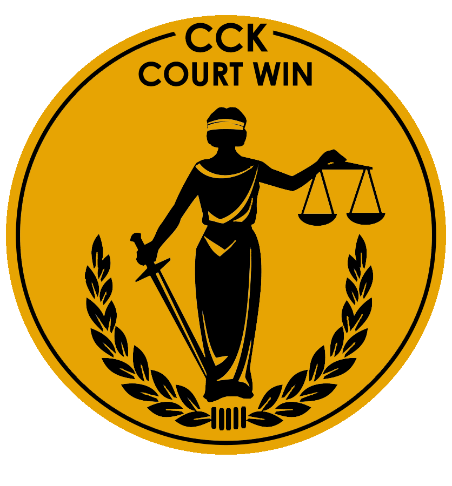Denial of Unemployability Benefits Contained Legal Error, Court Finds

CCK Law: Our Vital Role in Veterans Law
Summary
The Veteran served in the United States Army from August of 1966 through October of 1977. The Veteran was service-connected for sleep apnea at 50%, effective November 2000; hypertension with hypertensive cardiovascular disease at 30%, effective October 1986 through June 2002; hypertensive heart disease at 30%, effective June 2002; vasomotor rhinitis at 10%, effective January 1994; hypertension at 10%, effective June 2002; tinnitus at 10%, effective February 2004; and bilateral hearing loss at a non-compensable level, effective February 2004. R-1027.
The Veteran held a combined rating of 30% from October 1986, a 40% rating from January 1994, a 70% rating from November 2000, a 60% rating from June 2, 2002, a 70% rating from June 3, 2002, and an 80% rating from February 2004. He filed unemployability benefits in May of 2002.
Board denies unemployability benefits
Subsequently, the Regional Office denied unemployability benefits in a November 2005 rating decision. The Veteran filed a notice of disagreement with that rating decision. In a Statement of the Case, the RO continued the denial and the Veteran perfected his appeal to the Board. Eventually, the Board denied unemployability benefits in April of 2016.
CCK appeals to the Court
CCK successfully appealed to the Court the denial of TDIU. In denying TDIU, the Board considered the Veteran’s lay statements and the VA examiner’s opinions. The Board also found that the Veteran’s non-service-connected disabilities cased his unemployability.
CAVC agrees with CCK’s arguments
CCK argued, and the Court agreed, that the Board erred when it denied TDIU benefits. The Court found that the Board provided an inadequate statement of reasons or bases for its decision. Additionally, the Board improperly relied on a finding that the Veteran’s non-service-connected disabilities kept him from working. The Court also found that the Board failed to provide an individual assessment as to whether the Veteran was entitled to TDIU. The Board did not consider the Veteran’s education, training, and work history, as required, before denying TDIU. Thus, judicial review was frustrated. Accordingly, the Court vacated and remanded the matter for the Board’s consideration.
About the Author
Share this Post
